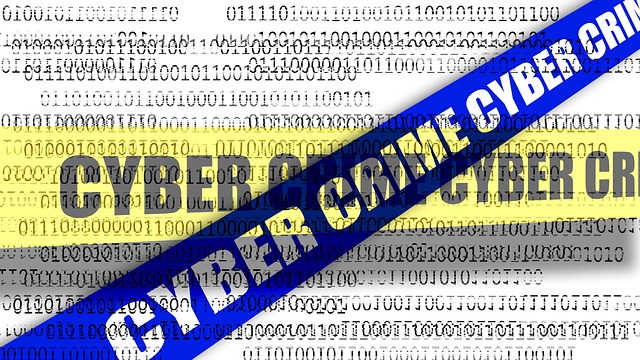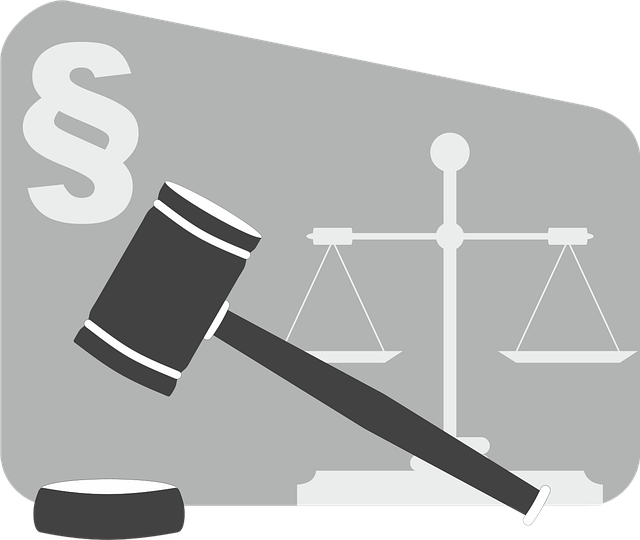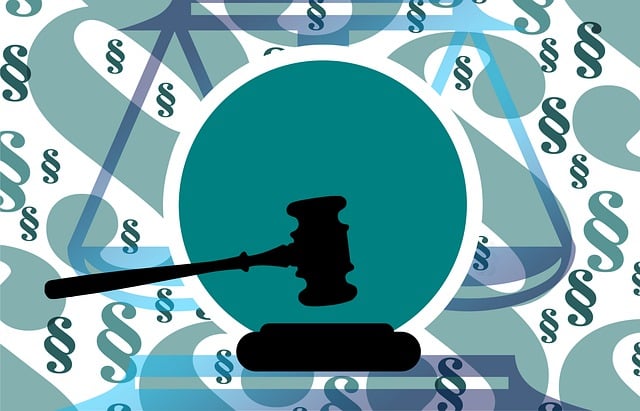In recent years, a global push for criminal justice reform has emphasized addressing systemic issues in the criminal legal system. This movement promotes fairness and equity through diverse law enforcement and reduces mass incarceration. Technology integration, like AI for predictive policing and blockchain for transparency, presents both promises and challenges, requiring continuous dialogue to ensure alignment with justice principles. Understanding one's rights is crucial for accused persons navigating complex criminal law procedures. In the digital age, technology aids investigations, with AI enhancing data analysis for solving crimes. Global debates call for reform to harsh sentencing practices, shifting towards restorative justice and rehabilitation to address systemic biases affecting marginalized communities.
Delve into the intriguing world of criminal law and stay informed with the latest developments shaping justice systems globally. In this comprehensive guide, we explore diverse aspects of criminal jurisprudence. From recent reforms in criminal justice to a deep dive into technology’s role in investigations, we uncover stories that reflect societal shifts. Additionally, we dissect global sentencing practices and empower accused persons by explaining their rights. Prepare for an insightful journey through the intricate landscape of criminal law.
- Recent Developments in Criminal Justice Reform
- Understanding Your Rights: A Guide for Accused Persons
- The Role of Technology in Modern Criminal Investigations
- Global Perspectives on Harsh Sentencing Practices
Recent Developments in Criminal Justice Reform

In recent years, there has been a significant push for criminal justice reform worldwide, reflecting a growing recognition of the need to address systemic issues within the criminal legal system. This reform movement is driven by a desire to promote fairness, equity, and accountability in law enforcement and the judicial process. One notable development is the increased focus on diversifying and desegregating law enforcement agencies, aiming to address historical biases and foster better community relations.
Additionally, efforts to reduce mass incarceration and decarcerate have gained momentum, with many countries reevaluating harsh sentencing policies and exploring alternatives like restorative justice practices. These developments are accompanied by a surge in technology integration within criminal law, from the use of artificial intelligence for predictive policing to blockchain-based systems for enhancing transparency in legal processes. Such innovations present both promises and challenges, demanding continuous dialogue and adaptation to ensure they serve the principles of justice and fairness in practice.
Understanding Your Rights: A Guide for Accused Persons

When faced with criminal accusations, understanding your rights is a crucial step in navigating the complex landscape of criminal law. Every accused person has certain fundamental rights that are designed to protect them from unfair treatment and ensure a just trial. These include the right to remain silent, ensuring any statements made can be used against them in court; the right to legal counsel, allowing them to consult with an attorney who can guide them through the process; and the right to a fair and speedy trial by jury, where they can present their defense and challenge evidence.
Knowing these rights empowers individuals to assert themselves and protect their interests. It encourages them to seek professional legal advice promptly, ensuring they understand the charges against them and the potential consequences. This proactive approach is vital in the realm of criminal law, where the process can be intimidating and confusing for those unfamiliar with its intricacies.
The Role of Technology in Modern Criminal Investigations

In the digital age, technology plays a pivotal role in modern criminal investigations, transforming the way crimes are solved and evidence is collected. From sophisticated surveillance systems to advanced data analytics, law enforcement agencies now possess an array of tools to uncover truths hidden behind complex networks. For instance, digital forensics experts can extract valuable information from electronic devices, revealing crucial leads that may have been overlooked in traditional methods.
The integration of artificial intelligence (AI) and machine learning algorithms further enhances these capabilities. These technologies enable the analysis of vast datasets, identifying patterns and connections that might not be apparent to human analysts. This has proved invaluable in solving intricate white-collar crimes, cybercrimes, and even predicting potential criminal activities by recognizing abnormal behavior patterns. As criminal law continues to evolve, technology remains at the forefront, driving advancements in investigation techniques and ensuring a more efficient justice system.
Global Perspectives on Harsh Sentencing Practices

In the realm of criminal law, global perspectives on harsh sentencing practices have sparked intense debates. Many countries are reevaluating their approaches to punishment in light of concerns over excessive and disproportionately severe sentences. These discussions often center around the effectiveness of such measures in deterring crime and promoting justice. Activists and legal experts argue that harsh sentencing may not only be counterproductive but also perpetuate systemic biases, particularly affecting marginalized communities.
Internationally, there’s a growing trend towards reform, focusing on alternative approaches like restorative justice, rehabilitation, and diversions. These strategies aim to address the root causes of criminal behavior while providing opportunities for redemption and reintegration into society. Such shifts reflect a broader understanding that criminal law should not only punish but also heal and prevent future transgressions, ensuring a more balanced and fair application of justice globally.
In conclusion, the exploration of recent developments in criminal justice reform, an understanding of one’s rights, the evolving role of technology in investigations, and global insights into sentencing practices highlight the multifaceted nature of criminal law. Staying informed about these dynamic areas is paramount for both citizens and legal professionals alike, as we navigate towards a more just and equitable legal system globally.
